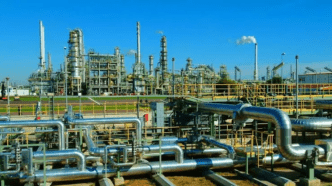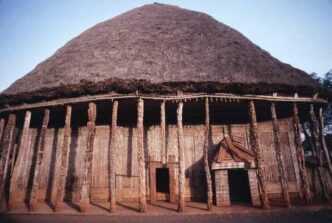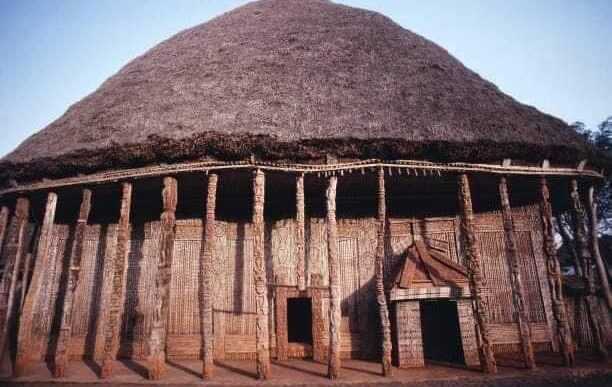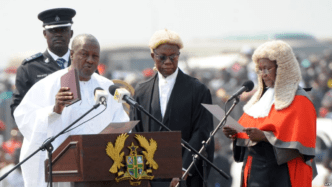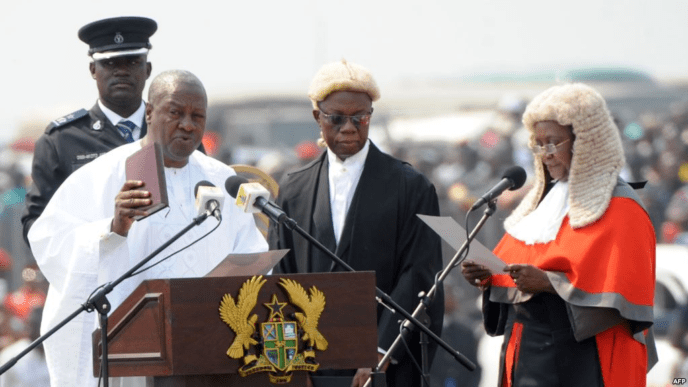Authorities in eastern Democratic Republic of Congo (DR Congo) arrested three Chinese nationals after discovering 12 gold bars and $800,000 (£650,000) in cash concealed under the seats of their vehicle.
Jean Jacques Purusi, the governor of South Kivu province, confirmed the arrests and said the operation was carried out discreetly.
The arrests followed a tip-off and a meticulous search of the vehicle in the Walungu area, near the border with Rwanda. The exact weight of the gold bars remains undisclosed.
A History of Mineral Exploitation
Eastern DR Congo is rich in gold, diamonds, and the minerals essential for mobile phones and electric vehicles. This wealth has long attracted foreign exploitation, contributing to instability in the region over the past three decades.
Many mines in the area are controlled by militias, who profit by selling minerals to intermediaries. Some of these dealers allegedly maintain connections with influential figures in Kinshasa, complicating efforts to regulate the sector.
Tensions with Chinese Nationals
The arrests come amid mounting scrutiny of Chinese nationals involved in DR Congo’s mining industry. Last month, 17 Chinese individuals accused of operating an illegal gold mine were released and returned to China despite owing $10 million in taxes and fines.
Governor Purusi criticized their release, stating it undermined efforts to reform the country’s murky mining sector.
The Chinese embassy has not commented on the allegations.
Conflict Minerals and International Lawsuits
The arrests coincide with ongoing conflict in neighboring North Kivu province, where a Rwanda-backed rebel group has captured significant territory. DR Congo has accused Rwanda of facilitating the export of illegal minerals, a claim Rwanda denies.
In December, DR Congo filed a lawsuit against Apple over the alleged use of “blood minerals.” The Congolese government’s lawyers claimed that minerals from conflict zones were being “laundered through international supply chains,” fueling violence, child labor, and environmental destruction. Apple has since stated it no longer sources materials from DR Congo or Rwanda.
Moving Toward Accountability
overnor Purusi emphasized the importance of secrecy in the recent arrests to avoid interference from powerful actors tied to the illegal mineral trade.
The operation is seen as part of a broader effort to clean up DR Congo’s resource-rich but corruption-ridden mining sector.
Read More:




